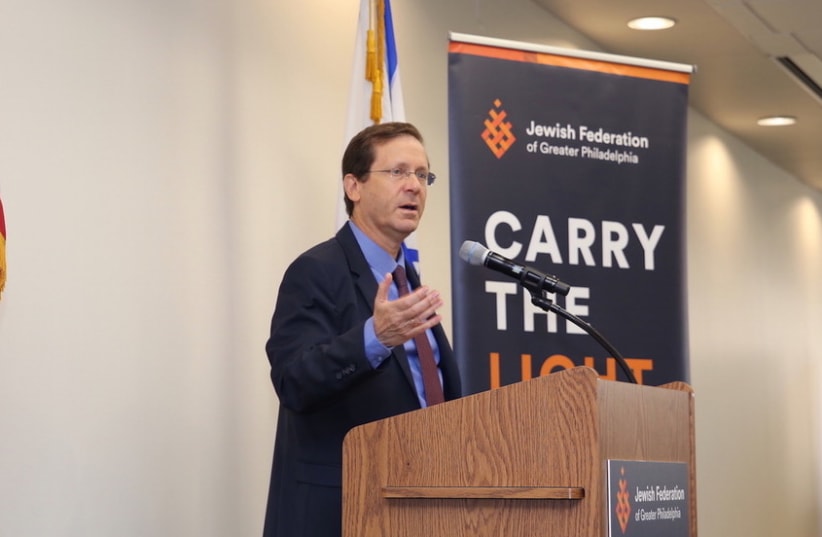Herzog: Israel and Diaspora divide is existential threat
JA chairman likens Israel-Diaspora divide to Jerusalem and Babylon, calls for gov't to advance Hebrew language education in Diaspora and vows to establish avenues of dialogue to bridge the divides.
